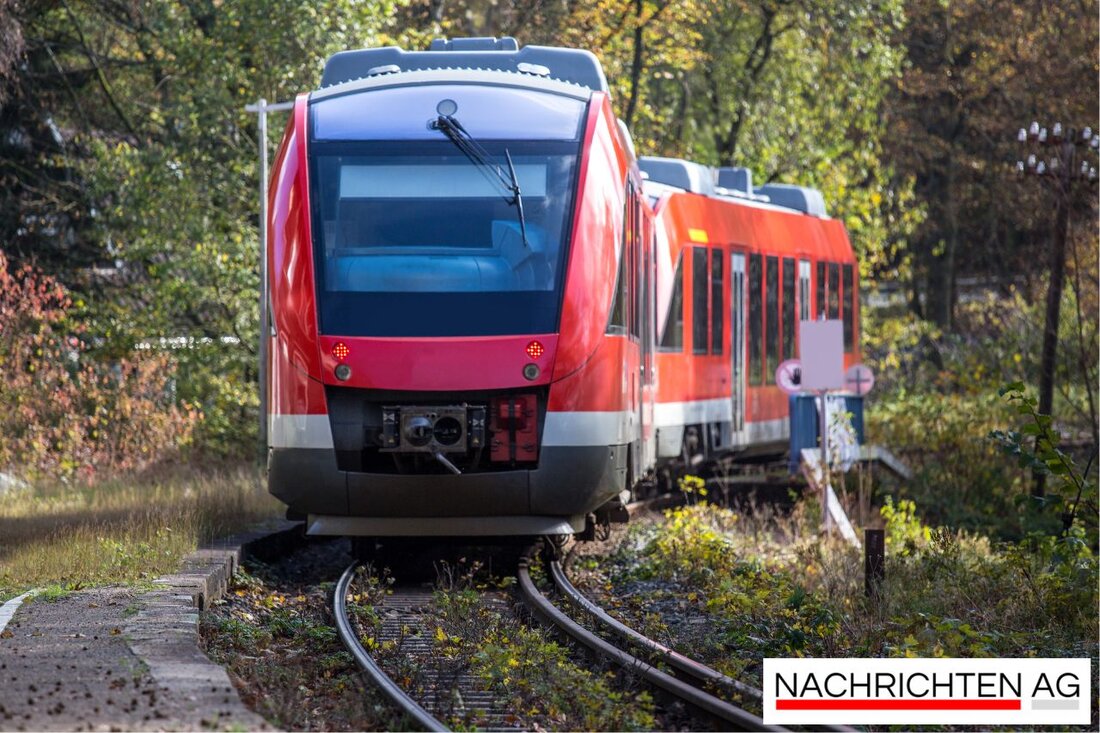GDL demonstrates in Dresden: Train drivers demand protection for travelers!
Train driver demo in Dresden calls for GDL to take on additional tasks, while punctuality and income are at risk.

GDL demonstrates in Dresden: Train drivers demand protection for travelers!
The future of local rail transport is hanging in the balance. On November 12, 2025, the German Locomotive Drivers' Union (GDL) demonstrated in Dresden against planned savings and for better representation of the rights of train drivers and customer advisors. The GDL demands that train drivers take on tasks that were previously carried out by customer service representatives. This includes, among other things, helping travelers in need and waking up passengers who have fallen asleep at terminal stations. They should also provide assistance with emergency call buttons in disabled-accessible toilets, but only at the nearest stopping point to avoid safety risks. GDL chairman Mario Reiß underlined concerns that these additional responsibilities could jeopardize the punctuality of trains. MDR reports that the GDL is concerned about the declining fare revenue, which is due, among other things, to an increased number of fare evaders.
Since its founding in Frankfurt am Main in 1867, the GDL has developed into a decisive voice for railway workers. The union currently has almost 40,000 members and defends the interests of all driving staff, not just train drivers. The GDL used to represent only locomotive drivers, but has changed since 2002 to represent all railway personnel in Germany. The current collective bargaining round is crucial as it raises demands for a reduction in working hours and an increase in wages. As Wikipedia explains in an article about the GDL, collective bargaining disputes and strikes have a long history in the German railway industry.
A strong alliance
The GDL is not only an association of workers and employees, but also an important player in the social dialogue. The union fights for fair pay and workers' rights. There are more than 7 million trade union members in Germany, and the GDL is the oldest German trade union. Their success and strength lies in their ability to organize labor disputes and negotiate wages. This is important not only for the members, but for the entire transport infrastructure in Germany. Planet knowledge informs about the fact that unions have made a significant contribution to improving working conditions such as continued payment of wages in the event of illness and paid vacation.
In yesterday's demonstration in Dresden, not only the GDL members appeared, but their colleagues from Rostock and Stuttgart supported them, according to MDR. The GDL also called for an increase in regional federal funding for rail passenger transport. The associations responsible for ordering train services and the staff deployed must be able to obtain sufficient resources to maintain the quality of service. Reiss announced that the GDL will meet with Saxony's Infrastructure Minister Regina Kraushaar (CDU) to talk about the challenges currently affecting railway workers.

 Suche
Suche
 Mein Konto
Mein Konto